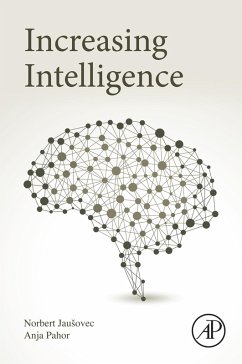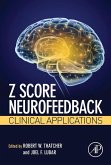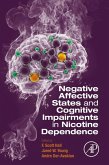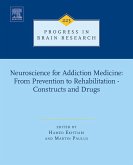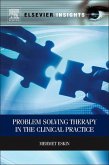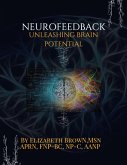The finding that working memory training can increase fluid intelligence triggered a great number of cognitive training studies, the results of which have been fiercely debated among experts. The finding also prompted a surge of commercial versions of these working memory training programs.
Increasing Intelligence overviews contemporary approaches and techniques designed to increase general cognitive ability in healthy individuals. The book covers behavioral training and different electrical stimulation methods such as TMS, tDCS, tACS, and tRNS, along with alternative approaches ranging from neurofeedback to cognitive-enhancing drugs. It describes crucial brain features that underlie intelligent behavior and discusses theoretical and technical shortcomings of the reported studies, then goes on to suggest avenues for future research and inquiry.
- Summarizes the history of attempts to raise intelligence
- Describes the intelligence construct and the cognitive mechanisms thought to be at the core of intellectual functioning
- Provides an overview of the neurobiological underpinnings of intelligence
- Discusses the efficacy and limitations of behavioral training approaches and brain stimulation methods aiming to increase performance on working memory and intelligence tests
- Examines the effects of neurofeedback, exercise, meditation, nutrition, and drugs on cognitive enhancement
Dieser Download kann aus rechtlichen Gründen nur mit Rechnungsadresse in A, B, BG, CY, CZ, D, DK, EW, E, FIN, F, GR, HR, H, IRL, I, LT, L, LR, M, NL, PL, P, R, S, SLO, SK ausgeliefert werden.

